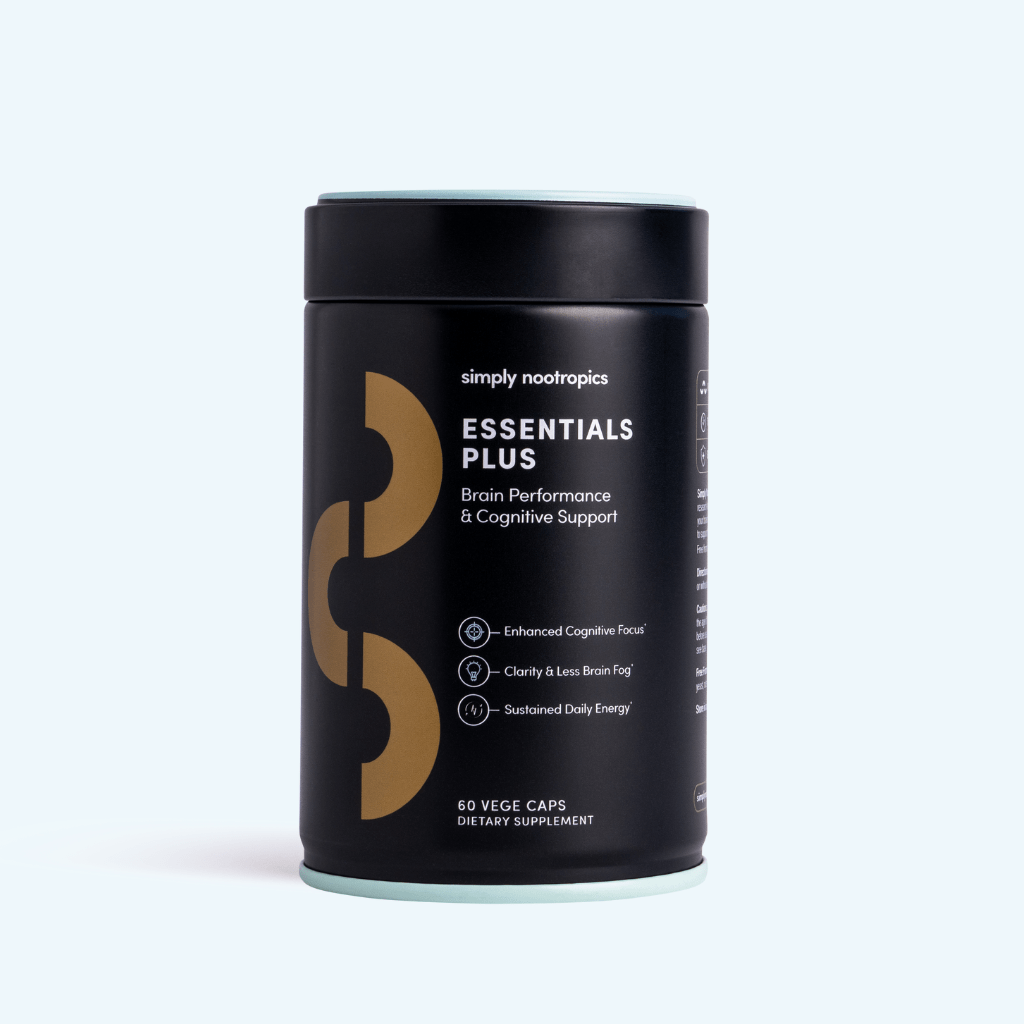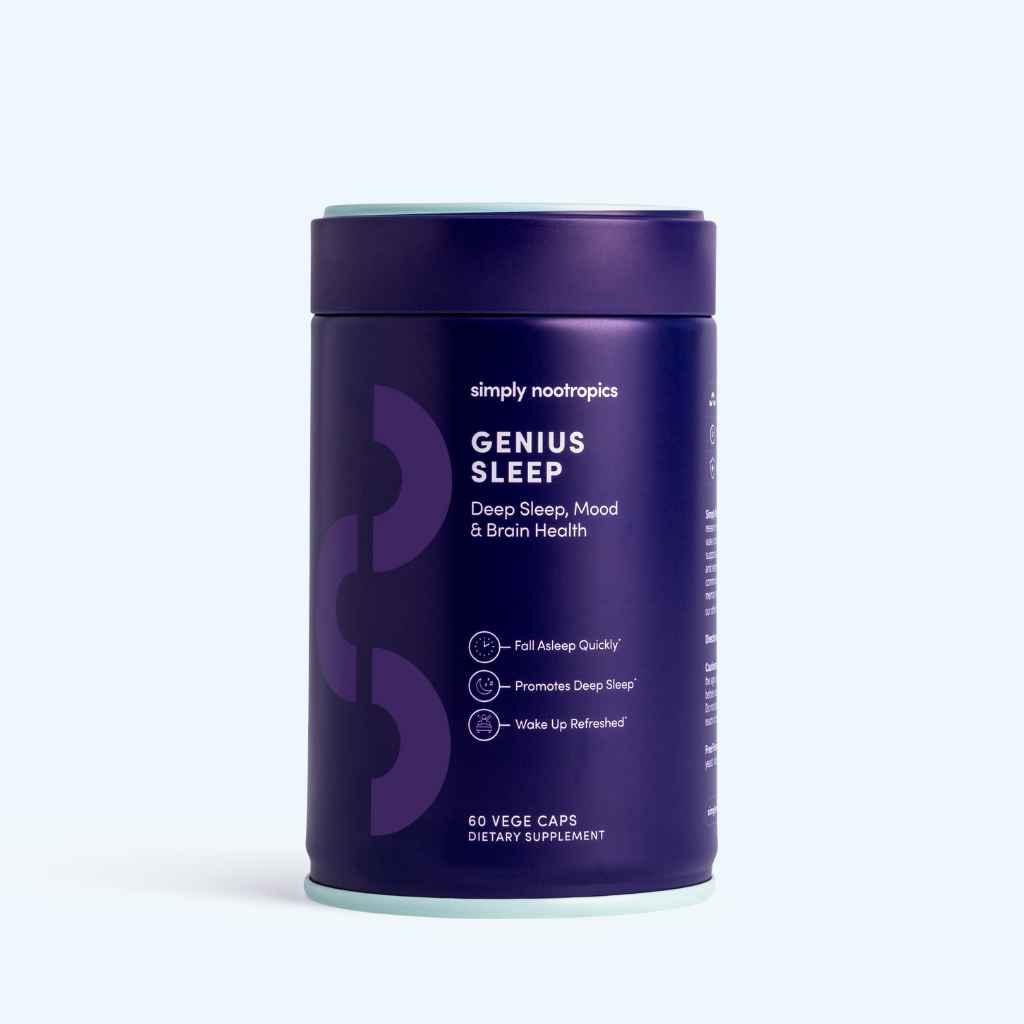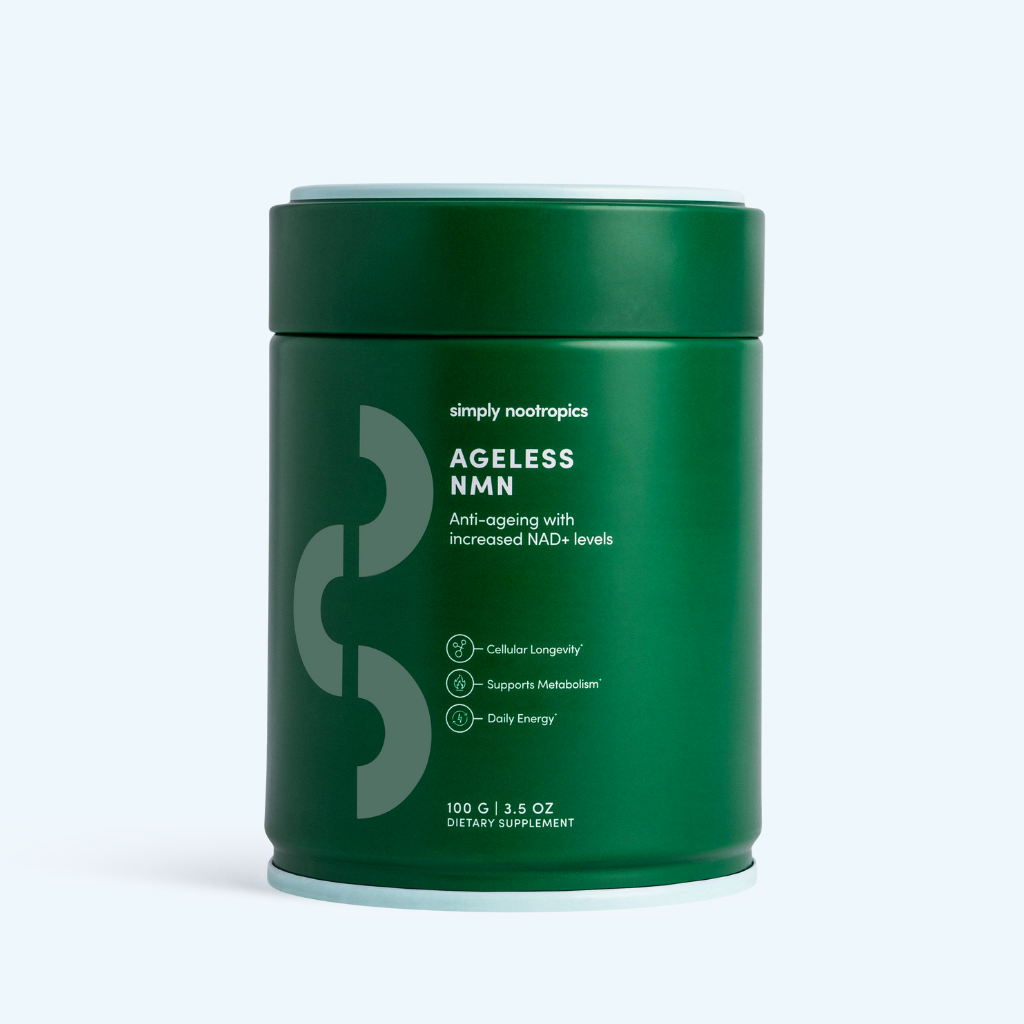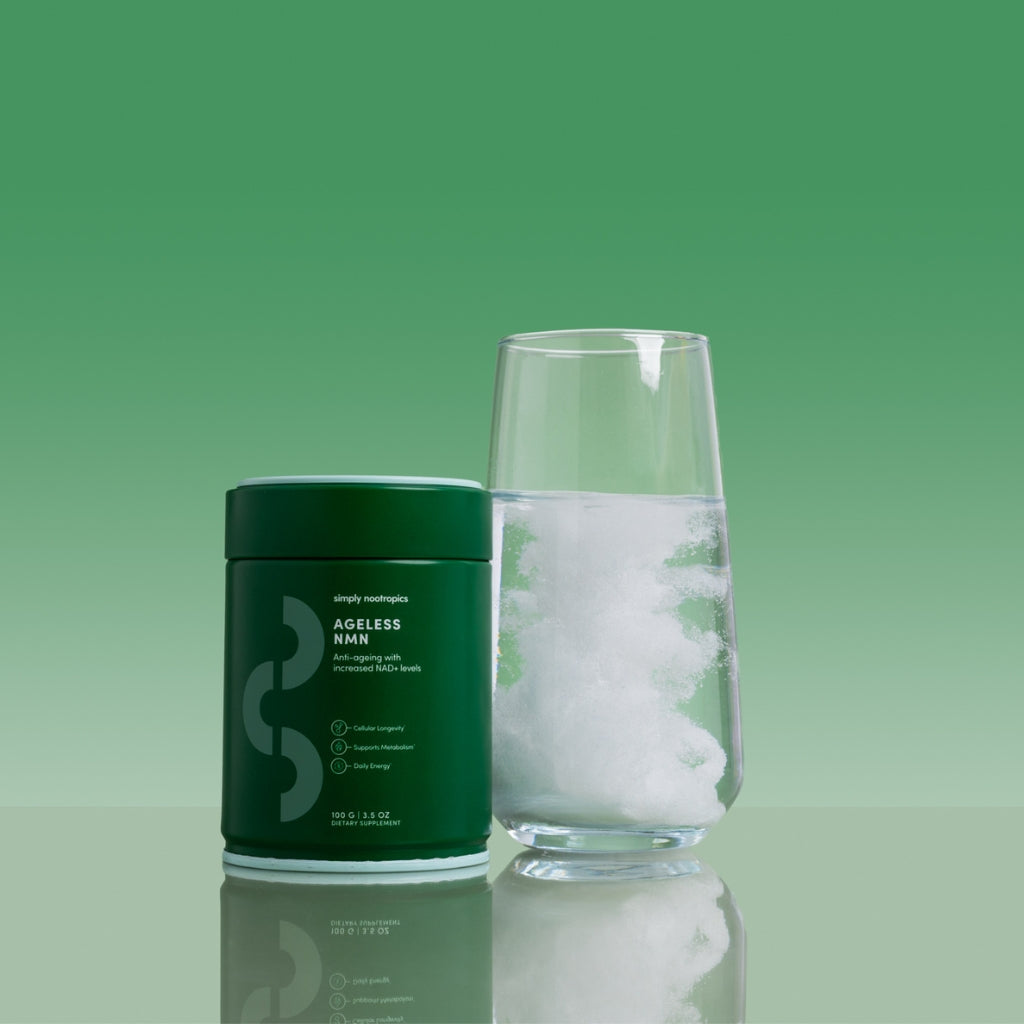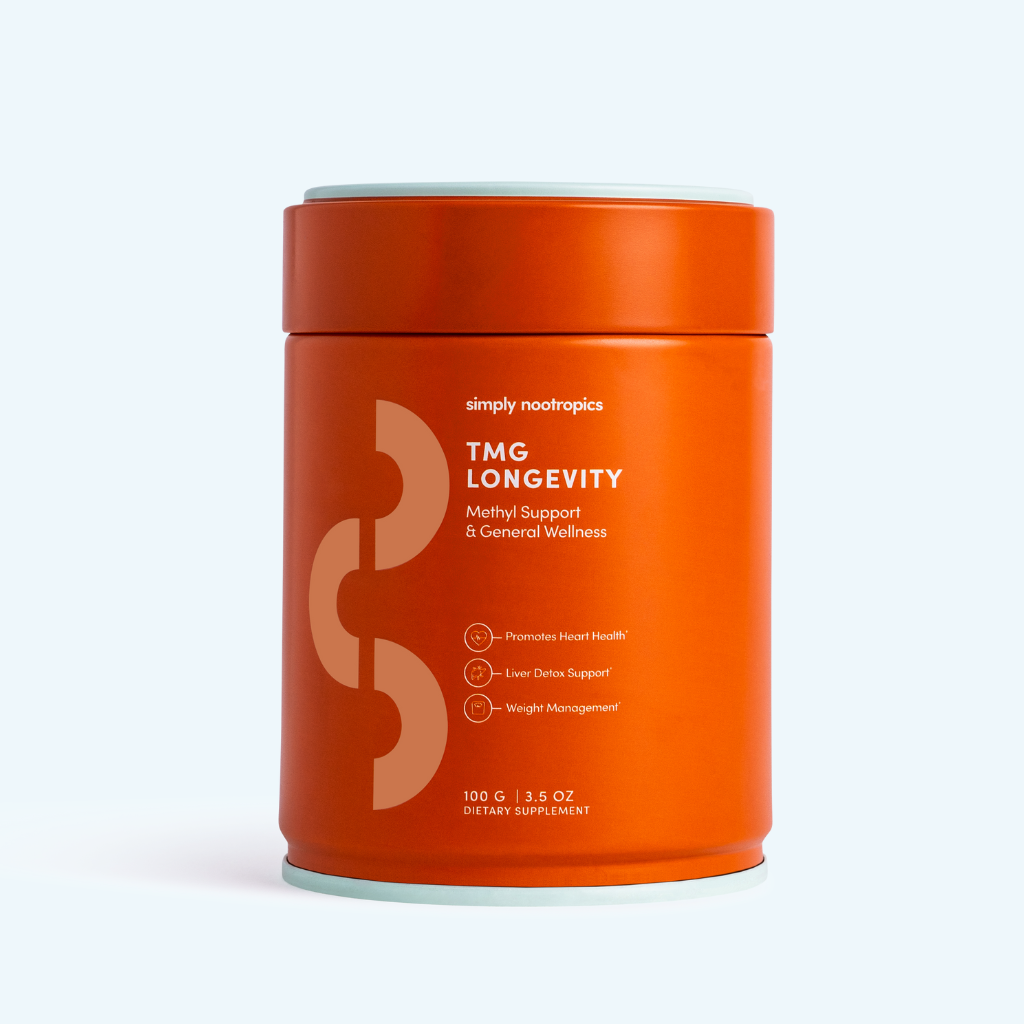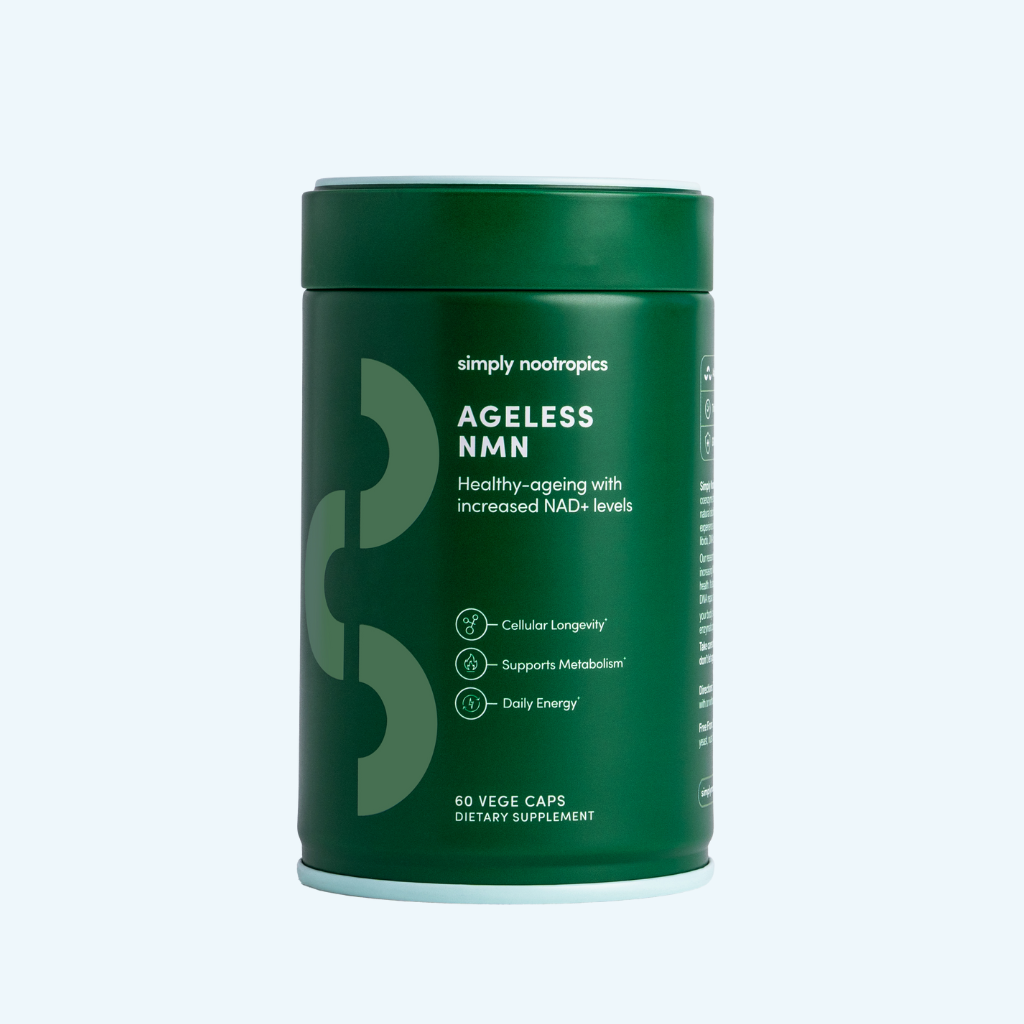Stress is a natural part of life, but the way we experience and manage it can have many effects on our health, particularly as we age. While short-term stress can be good, pushing us to perform better or react quickly in dangerous situations, chronic stress is a different story.
When stress becomes a constant companion, it can accelerate ageing and harm our cognitive abilities. What many people don’t know is that different types of stress can harm us in different ways.
1. Physical Stress
Physical stress is probably the most obvious form of stress and it comes from injury, illness, or even lack of sleep. While the body is resilient and capable of healing, chronic physical stress can lead to long-term damage. For example, consistently overworking muscles without proper rest can lead to injury, while not getting enough sleep can disrupt the body’s natural repair processes.
Over time, these physical stressors can accelerate the ageing process by increasing inflammation and oxidative stress in the body, both of which are linked to many health issues.
2. Mental Stress
Mental stress is what most of us think of when we hear the word “stress.” It’s the kind of pressure that comes from deadlines, work overload, or trying to juggle too many tasks at once. Mental stress is particularly harmful to the brain. It triggers the release of cortisol, a stress hormone that, in high levels, can damage neurons, shrink the hippocampus (the brain’s memory centre), and lead to cognitive decline over time.
3. Emotional Stress
Emotional stress is tied to how we process and respond to life’s challenges. This type of stress can come from personal relationships, financial worries, or significant life changes like divorce or the loss of a loved one. Emotional stress doesn’t just affect your mood; it can have serious implications for your cardiovascular health.
Over time, the strain on the heart and blood vessels can accelerate ageing, making emotional stress a key factor in overall longevity.
4. Social Stress
Social stress is often overlooked but can be just as damaging as other forms of stress. It comes from interpersonal relationships and social interactions, and examples include conflicts with colleagues, family tensions, or the stress of maintaining social connections in a busy world. Social stress can lead to feelings of isolation, loneliness, and even depression.
These emotional states are linked to increased inflammation and a higher risk of chronic diseases, which can accelerate ageing. Strong social ties, on the other hand, are associated with longer life spans and better health, showing the importance of managing social stress effectively.
5. Environmental Stress
Environmental stress comes from external factors like pollution, noise, and even extreme weather conditions. Living in a noisy, polluted area can increase stress levels without you even realising it. Constant exposure to environmental stressors leads to a state of chronic low-grade inflammation, which is a key contributor to ageing.
Plus, environmental toxins can lead to oxidative stress, which damages cells and accelerates the ageing process. Managing environmental stress might involve making lifestyle changes such as moving to a quieter neighbourhood or investing in air purifiers, but it could be key for maintaining long-term health.
6. Financial Stress
Financial stress is another significant type of stress that can have long-term effects on ageing. Worrying about bills, debt, or retirement can lead to chronic anxiety and depression. Financial stress is closely linked to physical health problems. It also contributes to poor mental health, including increased risk of cognitive decline.
The uncertainty and lack of control associated with financial stress make it one of the most pervasive forms of stress, impacting every aspect of life and significantly contributing to the ageing process.
7. Sleep-Related Stress
Sleep-related stress is both a cause and a consequence of other types of stress. Poor sleep quality or sleep deprivation can heighten stress responses, leading to a vicious cycle of stress and poor sleep. Lack of sleep affects the body’s ability to repair itself, leading to increased oxidative stress and faster ageing.
Prioritising sleep and practising good sleep hygiene can reduce stress and slow down the ageing process.
8. Cultural Stress
This is something that people talk less about, but cultural stress, which comes from the pressures of society and cultural expectations, is also worth mentioning. This can include the stress of trying to conform to societal standards, dealing with discrimination, or navigating cultural identity issues. Cultural stress can lead to chronic anxiety and low self-esteem, both of which contribute to mental and emotional stress. Over time, these stressors can manifest as physical health problems, accelerating the ageing process.
The Role of Supplements
While lifestyle changes are key to managing stress, the right supplements can give you an extra edge, especially when backed by solid science. Take adaptogens like Ashwagandha and Brahmi Leaf Dry, for example: these natural compounds help your body adapt to stress by lowering cortisol levels and promoting a sense of calm.
Lion's Mane Mushroom Extract, sourced from New Zealand, is another great addition, reducing inflammation and supporting brain health to counteract stress's toll on your mind. The best way to get these benefits is with Simply Nootropics Essentials, because this supplement combines all these ingredients into one formula, helping you stay sharp and balanced even during busy times!

